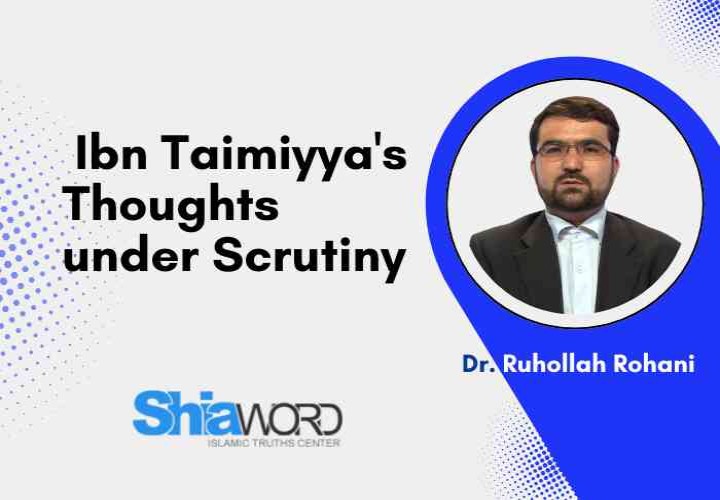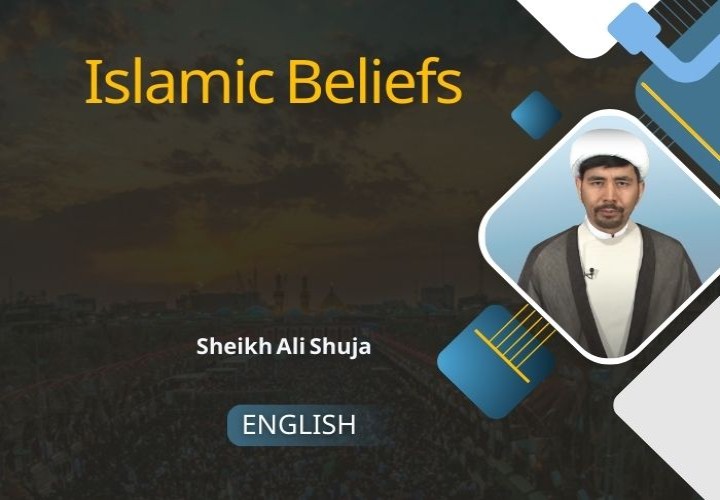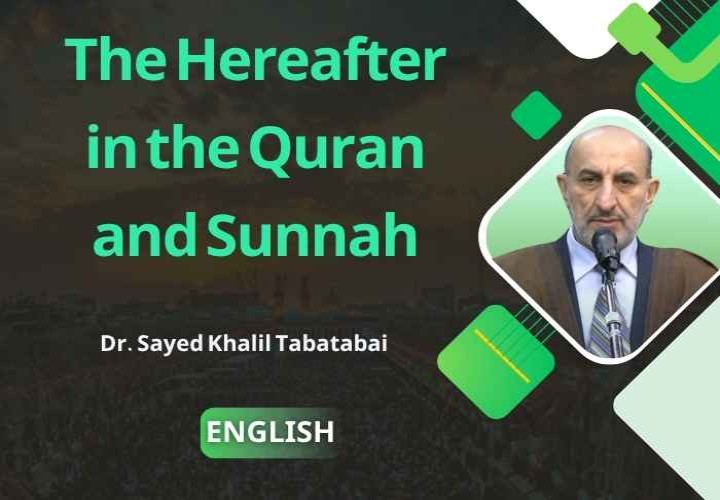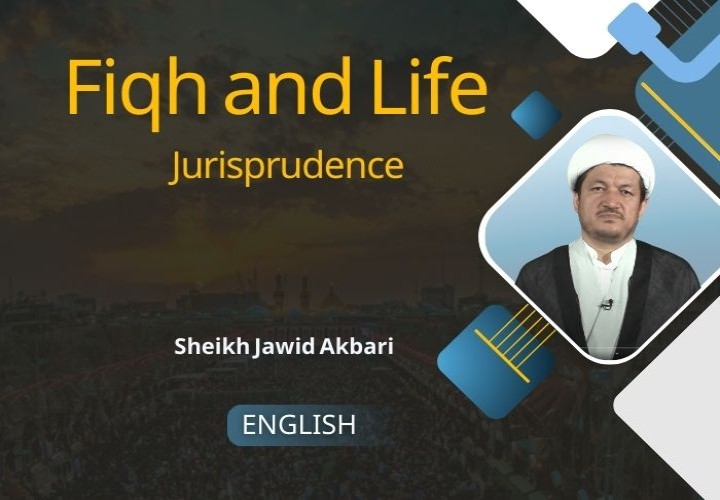Skillful Instructors
Start learning from experienced instructors.
Happy Students
Enrolled in our courses and improved their skills.
Live Courses
Improve your skills using live knowledge flow.
Video Courses
Learn without any geographical & time limitations.
Recommended Courses
#Courses recommended just for you
Instructors
#Learn from the experienced & skillful instructors
Popular Courses
#Learn from popular courses
Organizations
#Greatest education organizations are here to help you
Newest Courses
#Recently published courses
Testimonials
#Feedback from our users.
Become an instructor
Help us expand access to religious education by joining as a teacher or institute.




Best Rated Courses
#Enjoy high quality and best rated content







































.jpg)






